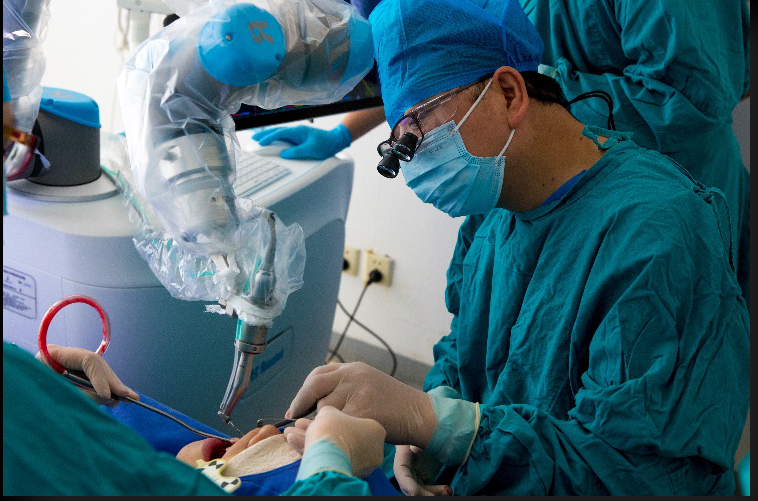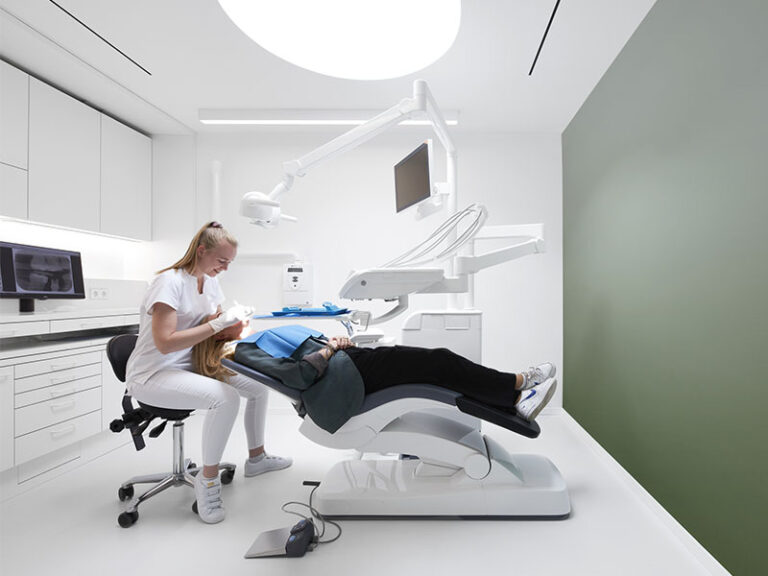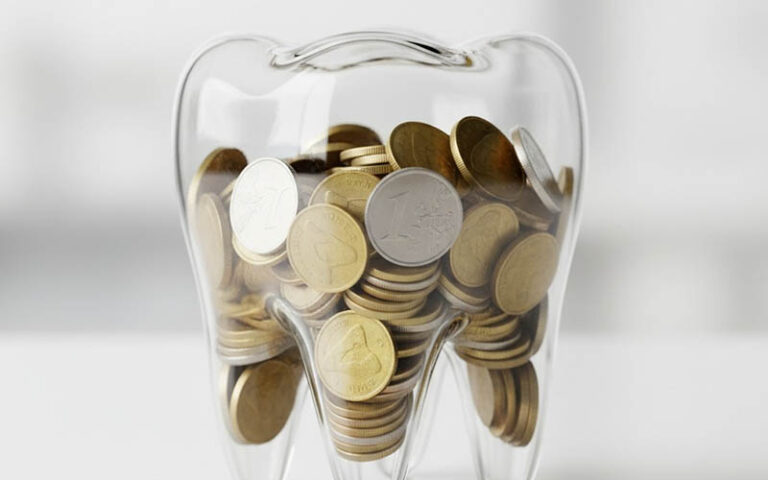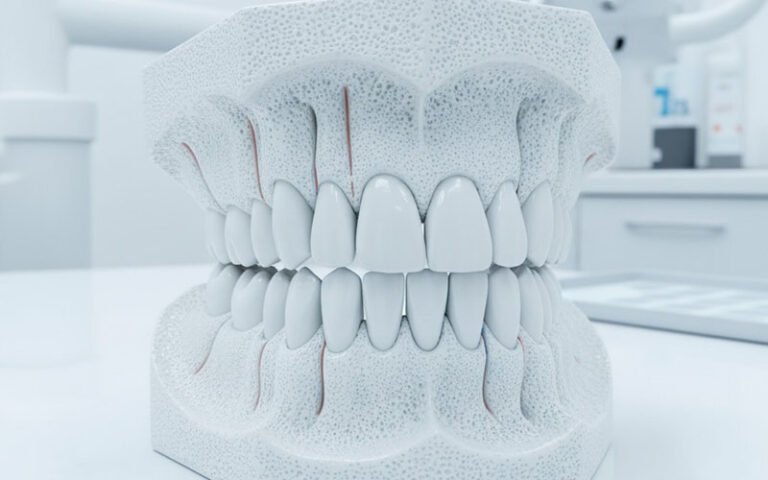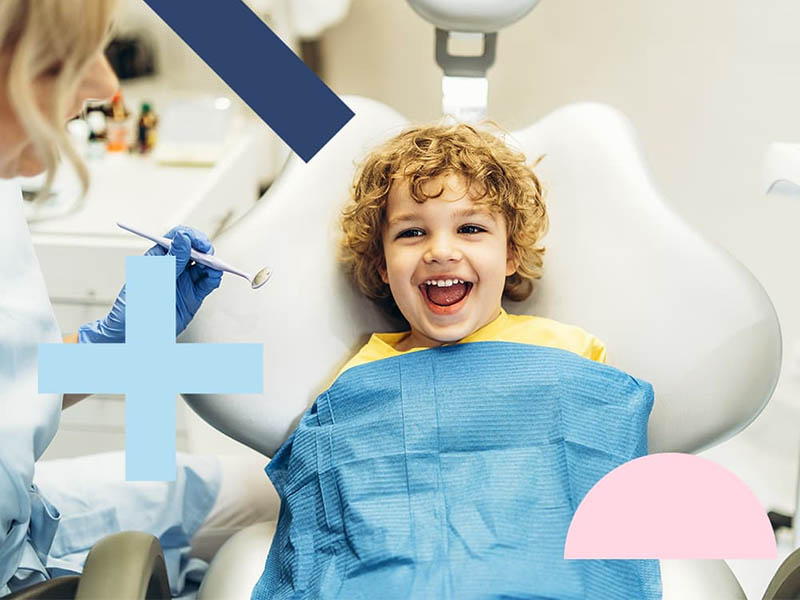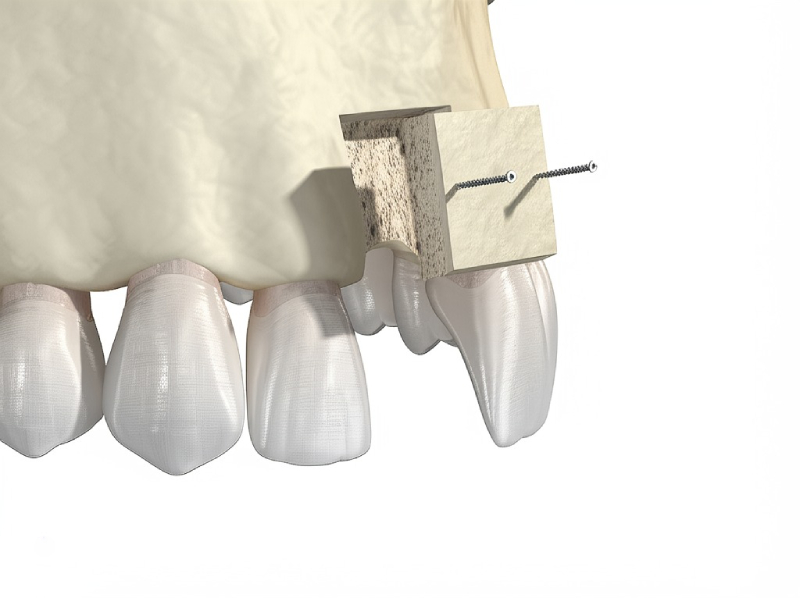
Pregnancy and Your Dental Health: A Simple Guide for Expecting Moms
Pregnancy changes your whole body—including your teeth and gums. Your mouth needs special care when you’re pregnant. This article shows you how to keep your smile healthy at every stage. You’ll see why looking after your teeth matters just as much as caring for your baby
Table of Contents
Why Does Your Mouth Change When You’re Pregnant?
Ever notice your mouth feels different when you’re expecting? You’re not making it up. Mouth changes during pregnancy happen because of hormone changes—things like more estrogen and progesterone. These hormones help your baby grow, but they also make your gums more touchy around germs and sticky film called plaque.
Your body does double duty to help your baby, giving away things like calcium for bones and vitamins for a healthy heart. At the same time, your mouth has more problems: More blood can make gums puffy or bleed; changes in spit can make your mouth feel dry.
Don’t just put up with it. A healthy mouth keeps you and your baby safer. Learn why dentist visits matter when you’re pregnant.
What Is Pregnancy Gingivitis?
Pregnancy gingivitis means your gums get red, puffy, or may bleed when you brush or floss. Don’t worry—you’re not alone. Up to 60%-75% of pregnant women have some gingivitis (see table below). Why? Extra hormones make your mouth react more to germs.
Common signs:
- Gums that are red or swollen
- Bleeding when you brush
- Sore gums
If you spot these signs, brush and floss gently, but every day. Be sure to see your dentist soon, because gum problems can get a lot worse if you wait.
Can Gum Disease Hurt Your Baby?
Here’s something a little scary: serious gum disease (periodontitis) can cause problems for you and your baby. Periodontitis is what happens if gingivitis isn’t treated. It means gum infection and sometimes losing teeth.
Here’s what you should know:
- Pregnant women with bad gum disease are up to 3 times more likely to have babies early or babies born too small.
- Long-lasting swelling in your mouth can spread in your body and bother your baby’s growth.
Don’t ignore gum troubles. Catching gingivitis early with your dentist’s help is best. Read more about gum disease and pregnancy risks.
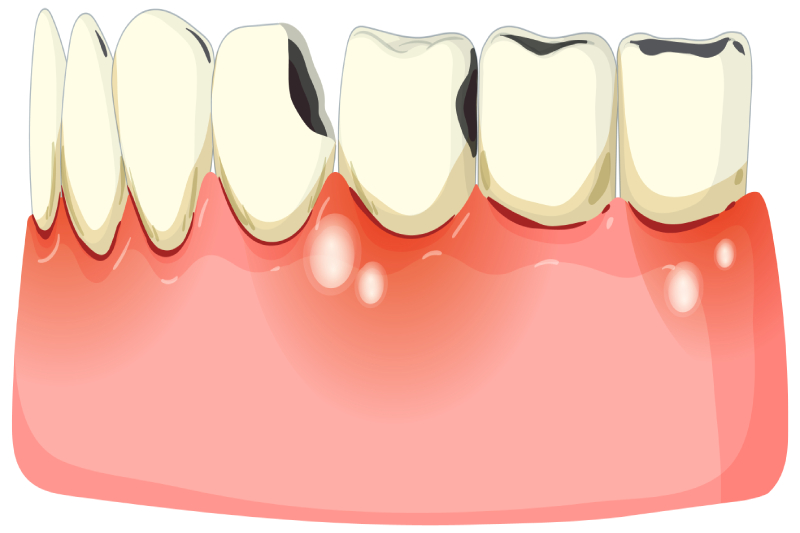
Why Do You Get More Cavities During Pregnancy?
When you’re pregnant, you might want sweet or sour foods more. Or you might feel too tired or sick to brush every time you eat. These add up—making you more likely to get cavities.
Here’s why cavities show up more in pregnancy:
- Sugar cravings feed the germs in your mouth.
- Snacking often means there’s more acid on your teeth.
- Morning sickness brings up acid from your stomach, which can eat away tooth coating (enamel).
- Your spit might get thicker, or not wash away food as well.
If you don’t treat cavities, they can mean tooth pain and bigger problems. Plus, moms with lots of mouth bacteria can share those bugs with their babies—raising the baby’s chances of getting cavities too.
Does Morning Sickness Hurt Your Teeth?
Morning sickness isn’t just tough on your belly—it’s rough on your teeth too. When you throw up, strong acid covers your teeth. This can eat away the hard outer shell (enamel) that protects them.
How to beat enamel damage:
- Don’t brush right after you throw up! Acid makes enamel soft.
- Rinse your mouth with water or mix some baking soda in a cup of water (one teaspoon is enough).
- Wait 30 minutes, then brush gently.
Doing this saves your teeth from acid damage and keeps your smile strong.
What Are Pregnancy Tumors?
Don’t let “tumor” freak you out. Pregnancy tumors—called pyogenic granulomas—are soft, red little lumps that sometimes show up on your gums, usually in the middle of pregnancy. About 1-5% of pregnant women get them.
Some quick facts:
- They are not cancer.
- They show up because of extra blood, hormone changes, and too much plaque.
- They can bleed or feel sore, but most go away by themselves after your baby is born.
If a lump makes eating hard or hurts a lot, your dentist can take it off with a quick fix.
Can I Go to the Dentist While Pregnant?
Lots of moms wonder: “Can I see the dentist when I’m pregnant?” You can—and you should. Everyday check-ups and cleanings stop problems from growing.
A few things to remember:
- Always tell your dentist you’re pregnant. They might change plans for you.
- The second trimester (weeks 13-27) is the best time for most dental stuff.
- Don’t skip going to the dentist when you’re pregnant—a healthy mouth is good for your whole body.
If you have a toothache, swelling, or any pain, get in as soon as you can. Waiting is more risky.
Are Dental X-Rays and Medicines Safe?
Sometimes your dentist needs to take a picture (an X-ray) or give you medicine. Good news: both are safe when done right during pregnancy.
Dental X-rays:
- New dental X-rays use very little radiation.
- You’ll wear a lead apron to cover your belly.
- X-rays are only taken when really needed, like to look for infection.
Medicines:
- Numbing shots (like lidocaine) are safe for pregnant women.
- Some antibiotics are fine, but always check with your OB/GYN or dentist before taking any pills.
- Only use pain medicine your doctor says is okay.
Don’t try to handle pain or infection by yourself—these can be worse for you and your baby than the treatment.
How Do I Stop Dental Problems in Pregnancy?
You’ve got enough to worry about, so let’s keep it easy. Follow a simple tooth care routine—it only takes a few minutes each day!
- Brush twice a day with fluoride toothpaste and a soft toothbrush.
- Floss every day to get out bits from between your teeth.
- If you can’t brush, rinse with water after eating.
- Chew sugar-free gum to help if your mouth feels dry.
- See your dentist at least once while you’re pregnant.
If you have morning sickness, rinse with water or baking soda after, and go easy on your teeth.

What Should I Eat for Healthy Teeth and Bones?
Now you eat for two—your baby counts on what you eat. The right foods build strong teeth, bones, and gums for both of you.
Eat foods full of:
- Calcium (milk, cheese, yogurt),
- Vitamin D (egg yolks, milk, some fish),
- Folic acid (greens, beans, cereals).
Stay away from too many sweet or sour snacks. Eat good meals and drink lots of water.
Not sure what’s best? Ask your doctor, dentist, or a nutrition expert for help.
When Should I See a Dentist or Doctor Fast?
Some tooth problems can wait, but some need quick help. Don’t put off getting checked if you have:
- Really bad tooth pain that won’t go away
- Swelling in your face, gums, or mouth
- Bleeding that won’t stop
- Signs of infection: pus, rotten taste, fever
Call your dentist or OB/GYN quickly if you notice these. Fixing things fast keeps you and your baby safer.
How Do I Care for My Teeth After My Baby Is Born?
Just because your baby’s here doesn’t mean you’re off the hook. Keep up your own tooth care—and start getting ready for your baby’s first dentist trip.
- Still brush and floss every day.
- See your dentist for a good clean and full check.
- If you had gum trouble while pregnant, ask about extra visits.
- Moms can share “cavity bugs” with their babies by sharing food or kisses, so keep your mouth as healthy as possible.
A healthy mom means a healthy baby with bright smiles for both of you!
Pregnancy and Dental Health: Must-Know Facts Table
| Fact | What It Means | Source |
|---|---|---|
| Up to 75% get gingivitis | Most pregnant women’s gums get sore, puffy, or bleed. | American Dental Association (ADA), CDC |
| 5-10% get periodontitis | Worse gum disease can happen, especially with bad care. | NIDCR, gum disease research |
| 1.5-3x risk for early birth | Gum problems can raise chances of early labor or a small baby. | AAP, women’s health group, CDC |
| 1.5-2x more cavities | Pregnant moms get more new or worse cavities. | ADA, CDC |
| Only 25-50% see a dentist | Most moms skip the dentist during pregnancy and miss help. | CDC, surveys |
| Pregnancy tumors (1-5%) | Small lumps on gums that usually go away after birth. | Dental books, ADA |
| Bacteria pass to babies | Moms with many cavity germs can raise their baby’s risk, too. | Research on baby tooth decay |
| Acid erosion risk | Morning sickness can wear away tooth enamel. | ADA, CDC |
FAQ
When Should I Go to the Dentist When Pregnant?
The second trimester (weeks 13-27) is safest for getting teeth cleaned or fixed. If you have tooth pain or swelling, go right away—don’t wait.
Can Dental Care Hurt My Baby?
Basic cleanings, checkups, and needed fixes are all safe with the right steps. Your dental team uses covers for X-rays and gives only okay’d medicines.
Do I Need Special Toothpaste?
Use a fluoride toothpaste. For sore teeth, ask your dentist for other choices.
How Often Should I Floss?
Floss once a day—gently if you have sore or bleeding gums.
Will Tooth Problems Go Away After Pregnancy?
Some, like pregnancy tumors, fade after birth. Gingivitis can get better if you brush, floss, and see the dentist. But letting tooth troubles go can make them worse, so get care.
Key Points to Remember
- Hormones and cravings make tooth health super important if you’re pregnant.
- Gums might bleed, swell, or get sore—don’t write these off.
- Gum disease when pregnant can raise your chances of having your baby early or with low birth weight.
- Brushing, flossing, and seeing your dentist stop most problems.
- Morning sickness can wear away tooth enamel—rinse out acid, then wait before brushing.
- Eat foods full of calcium and vitamins for strong teeth and bones.
- See your dentist once during pregnancy, but go sooner if you have pain.
- Taking care of your teeth helps protect your baby’s first smile.
Want more tips or help? Reach out to your local dentist, check the CDC Oral Health: Pregnancy page, or look at the American Dental Association’s pregnancy tips.
Keep smiling, mom! Healthy teeth for you today mean bright smiles for your family tomorrow.

